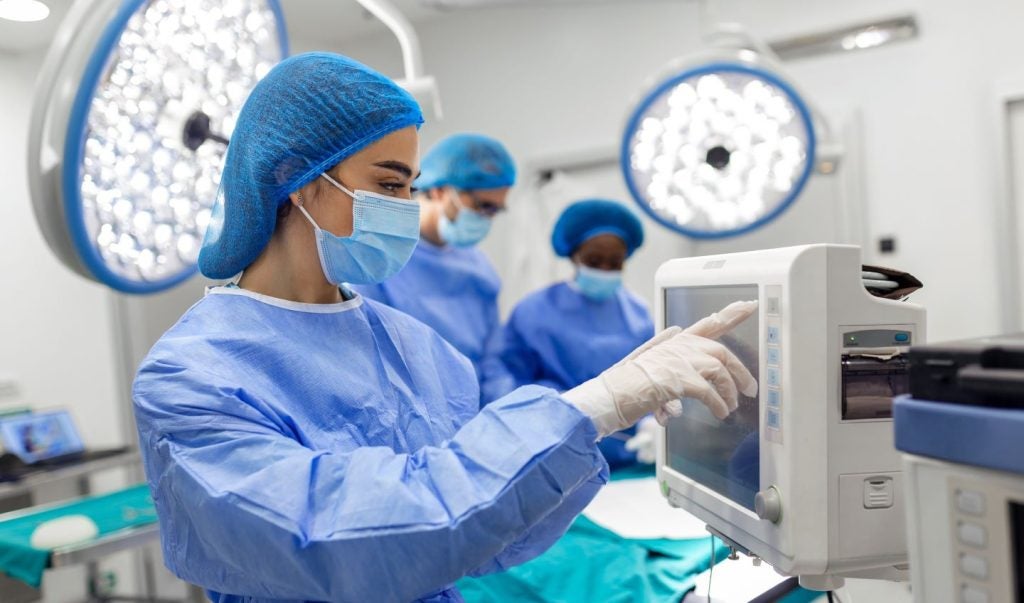US-based Pressure Products has obtained the US Food and Drug Administration (FDA) clearance for its SafeSept needle free transseptal guidewire, designed for use with any introducer system when crossing the interatrial septum.
The advanced one-step device creates a primary puncture in the interatrial septum, without the need for a transseptal needle, providing access through the septum from the right side of the heart to the left side.
The very sharp tip of the SafeSept needle free transseptal guidewire requires little force to perforate and cross the fossa.
Unsupported by the dilator and sheath, the tip of the guidewire assumes a ‘J’ shape, rendering it incapable of further tissue penetration.
A radiopaque coil allows for fluoroscopic visualisation in the left atrium and subsequent pulmonary veins.
Once proper guidewire location is confirmed, advancement of the transseptal dilator and sheath ‘Over the wire’ into the left atrium is accomplished without the use of a transseptal needle.
How well do you really know your competitors?
Access the most comprehensive Company Profiles on the market, powered by GlobalData. Save hours of research. Gain competitive edge.

Thank you!
Your download email will arrive shortly
Not ready to buy yet? Download a free sample
We are confident about the unique quality of our Company Profiles. However, we want you to make the most beneficial decision for your business, so we offer a free sample that you can download by submitting the below form
By GlobalDataThe Heart Hospital, consultant cardiologist (electrophysiologist) UCLH, London, UK, Dr Anthony Chow said: "The SafeSept NF adds another level of safety for TSP, especially those done under fluoroscopy guidance alone and has overcome difficult cases of high fibrotic resistance."
The SafeSept needle free transseptal guidewire is specially designed to replace a transseptal needle with improved safety and less force when supported by a transseptal introducer.
Royal Sussex County Hospital consultant electrophysiologist Brighton, UK, Dr James McCready said the SafeSept needle free transseptal guidewire has become his preferred method for all transseptal punctures.
"Issues with thickened or floppy septums and concerns about scraping plastic from the inside of dilators have been eliminated," Dr McCready said.
"When the wire has not been available, I find going back to using a traditional needle awkward and uncomfortable."
According to GlobalData estimates, the coronary guidewires market in the US was valued at $352m in 2012 and is expected to grow at a CAGR of 3.4% to reach $444.3m by 2019.







